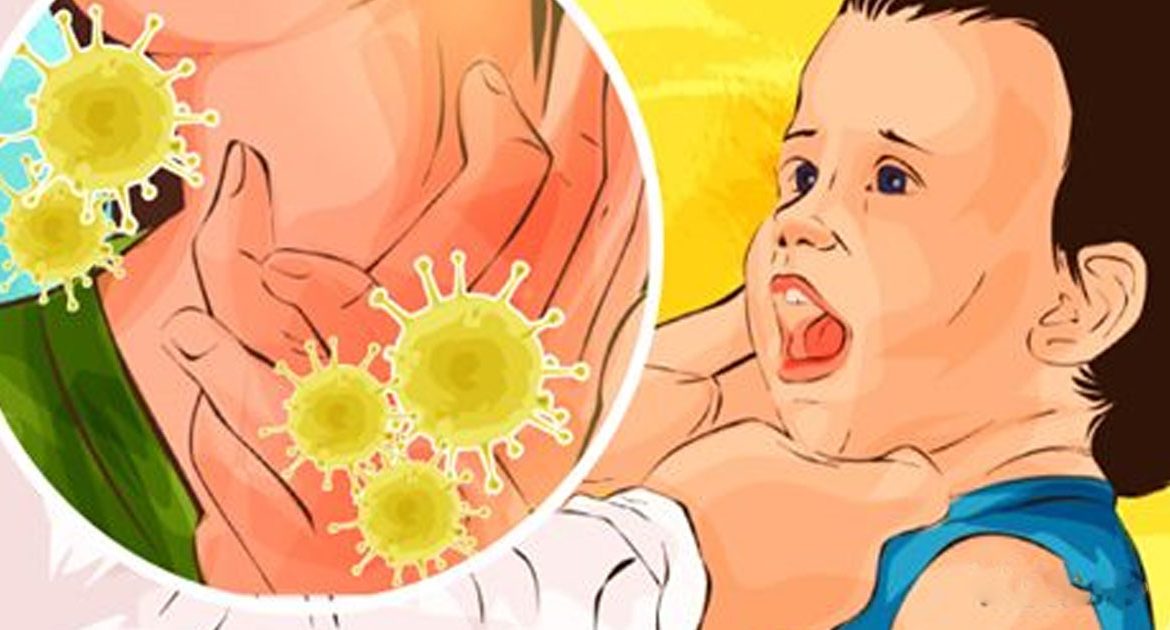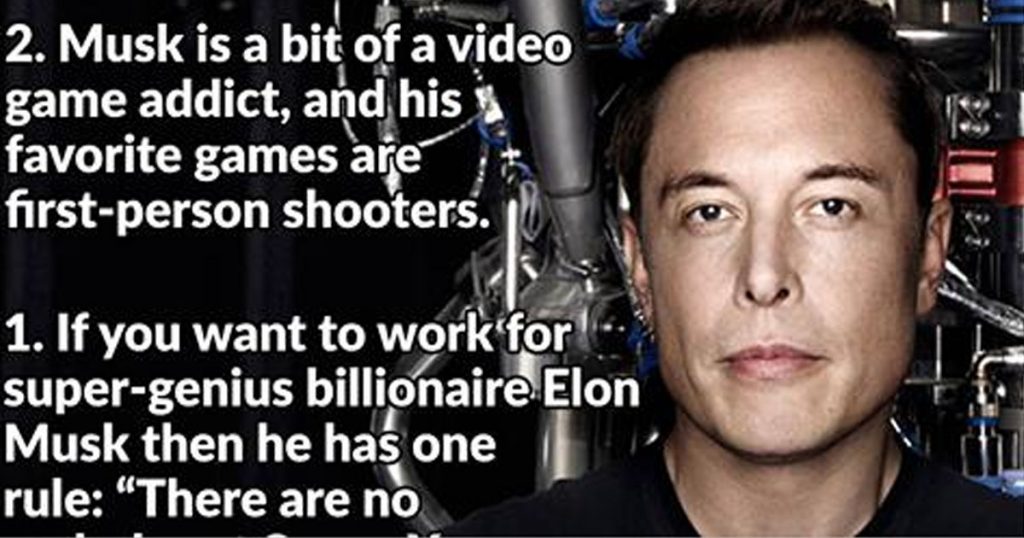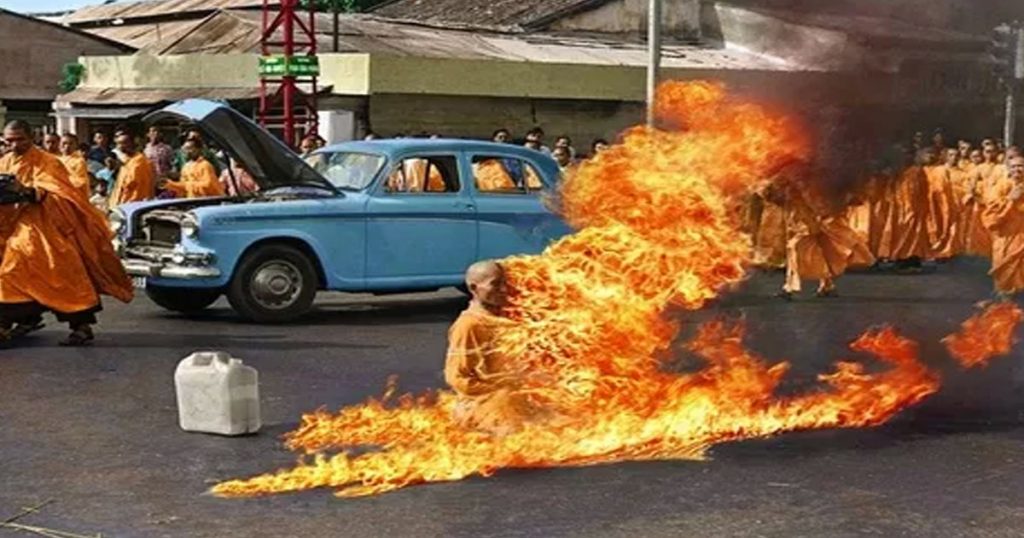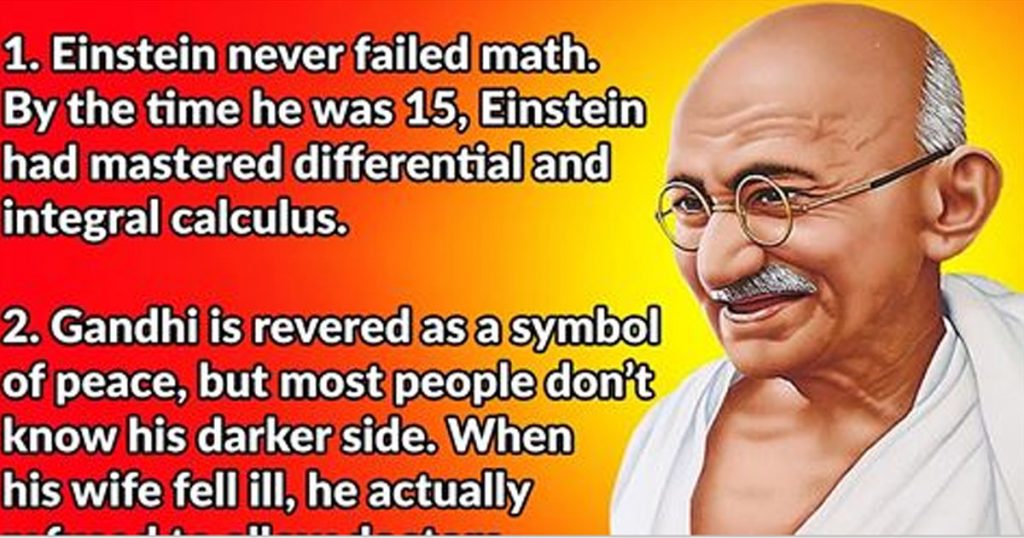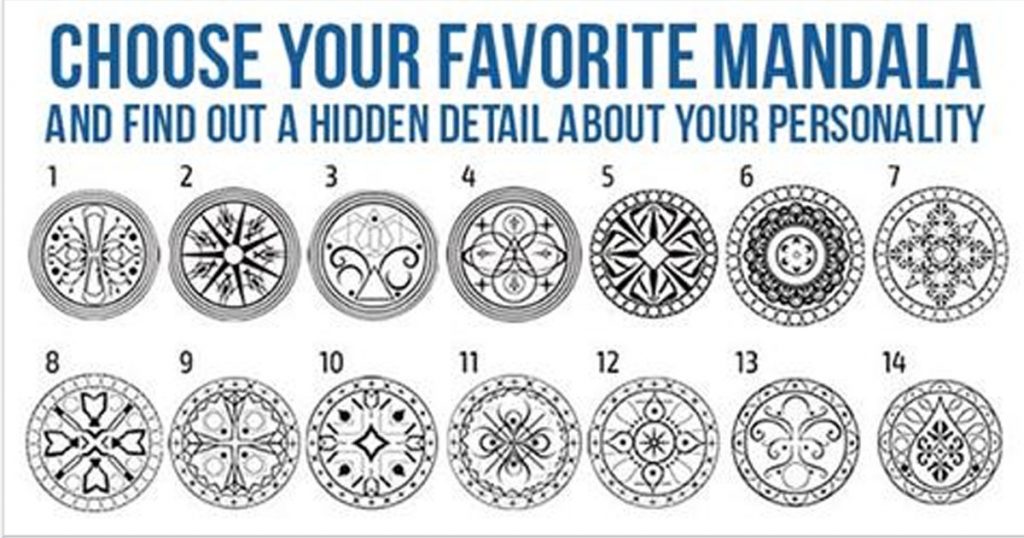You have probably heard about Epstein-Barr virus (EBV), which is also called human herpesvirus 4. What many people may not know is that it’s one of the most common viruses: approximately 90% of adults have been infected with it at some point in their lives. Most people never find out they’ve been infected, especially if the infection occurs in childhood. Epstein-Barr virus causes mononucleosis (also called glandular fever), but EBV infection shows no symptoms in many cases. There is no vaccine against Epstein-Barr virus.
There are speculations that EBV is linked to chronic fatigue syndrome, but there’s not enough evidence to prove the connection.
What are the symptoms of Epstein-Barr virus infection?
Children usually don’t have symptoms of EBV infection. If they do, the symptoms may resemble the flu or common cold.

The virus can cause mononucleosis (commonly known as “mono”) in adolescents and adults. Symptoms of mononucleosis include the following:
- extreme tiredness;
- fever;
- decreased appetite;
- sore throat;
- headaches;
- aching muscles;
- swollen lymph nodes;
- enlarged liver or spleen.
Symptoms usually clear up within 2–4 weeks, but tiredness can sometimes persist for months.
How is Epstein-Barr virus spread?
Epstein-Barr virus spreads through contact with an infected person’s bodily fluids. You can become infected in the following situations:
- kissing an infected person;
- having a sexual contact with the person;
- sharing utensils and drinking glasses with the person;
- sharing a toothbrush with the person.
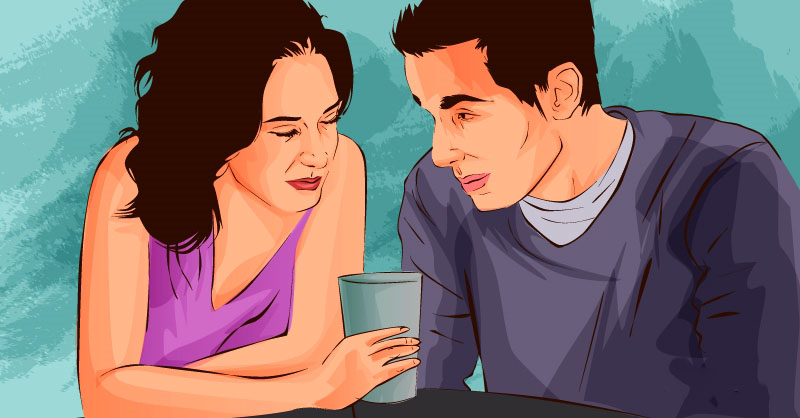
Someone infected with EBV can spread the virus before he or she has symptoms or at any time when the virus reactivates.
How is EBV infection treated?
Because it’s a viral infection, it cannot be treated with antibiotics.
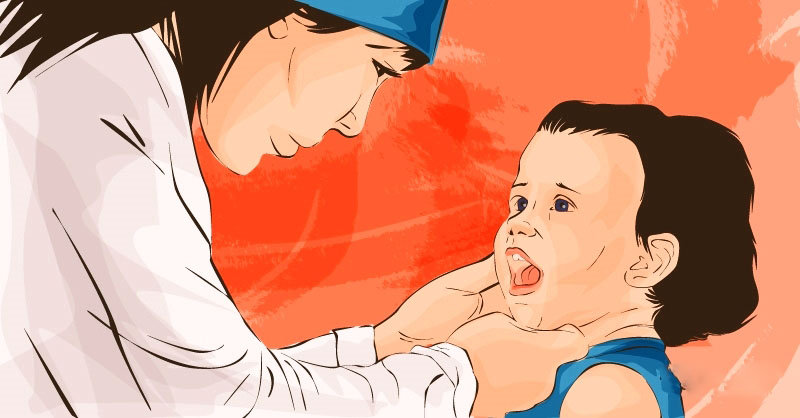
Here is what you can do to ease your symptoms:
- stay hydrated;
- get plenty of rest;
- take over-the-counter medicines for fever and pain.
